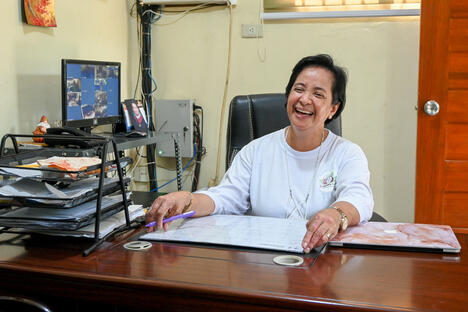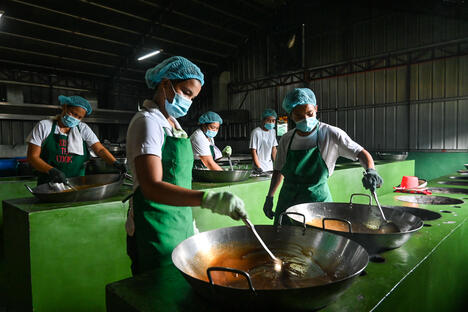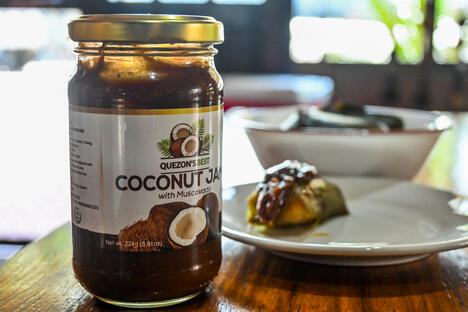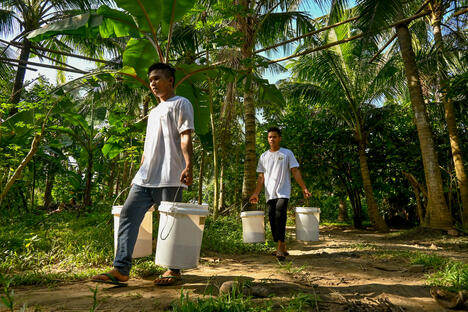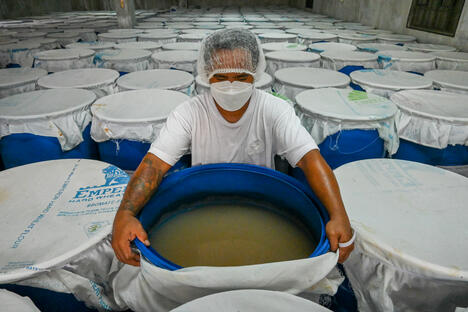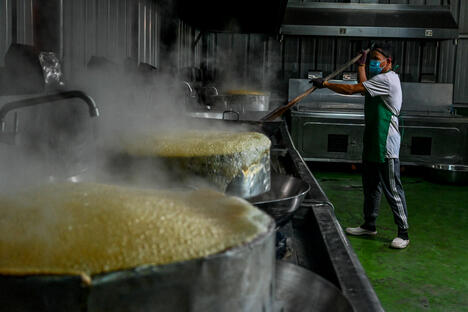
Exporting organic coconuts promises growth for Philippines
Pasciolco Agri Ventures is contributing to the sustainable, economic development of the Philippine community of Quezon by exporting its organic coconut products to the European Union.
A business that began 25 years ago with a basic manufacturing facility inside a coconut farm, today exports 50% of its produce to international markets. Along the way, Maureen M. Pasciolco kept building upon her entrepreneurial achievements.
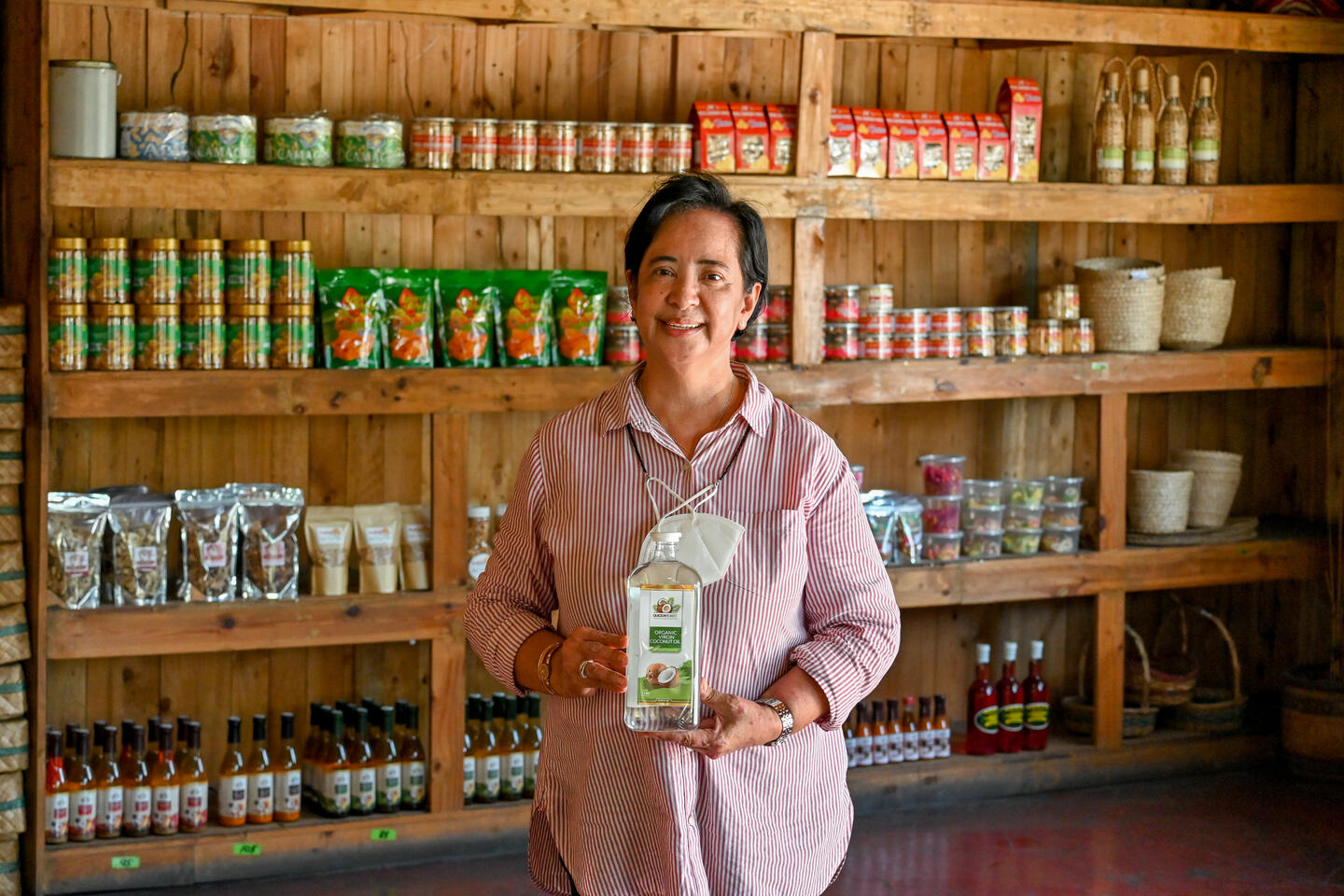
Maureen was born and raised in the Quezon Province of the Philippines. Her chemistry degree had little to do with the business in which she is now involved, but her family gifted her with a pioneering spirit.
After having met her husband while working for a company that exported Nata de Coco (coconut gel) to Japan, they set up the business in 1996, first producing coconut vinegar. They soon diversified their produce into various coconut-based products, ranging from jam, virgin oil, sugar, and syrup to cater to the local market.
A helping hand to meet the challenges
This is what Maureen says, reminiscing on her company’s export journey. Taking her products to international markets seemed to be an unachievable dream. She immediately realized that without support to comply with international market requirements, she would not be able to do business abroad.
Maureen enrolled in various trainings and seminars, which helped revamp the company’s production practices meeting international requirements. For instance, stainless steel replaced wooden and plastic mixers for safety and quality.
Farming methods have improved as well. Farmers working for Maureen now use organic practices, abandoning pesticides and using salt as fertilizer around the coconut palms, which is inexpensive, environmentally friendly and increases the yield.
Video
Pasciolco Agri Ventures is grateful to the Department of Trade and Industry, the Philippines Coconut Association, the Department of Science and Technology and the Department of Agriculture for their support at a time when the company just started.
As part of meeting Good Manufacturing Practice certification requirements, Pasciolco Agri Ventures also renovated its factory to build the required production capacity. What used to be a makeshift facility is now a modern premises that produces value-added coconut products according to best practices.
Today, the company holds organic certifications valid for exporting to the European Union in addition to JAS, USDA, HALAL, Kosher, GMP and HACCP.
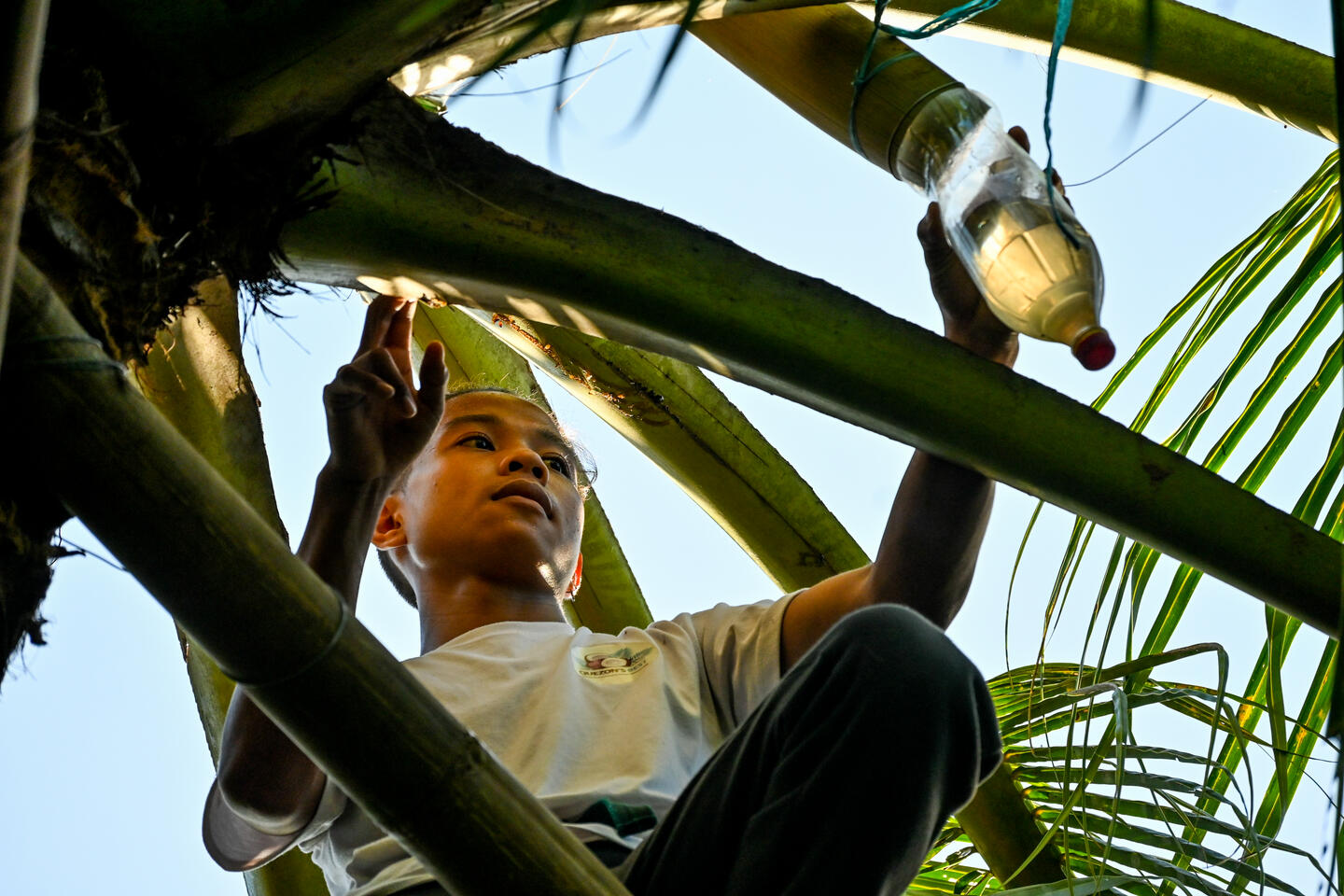
Setting an example by exporting to the EU
Eighty workers are currently employed by Pasciolco Agri Ventures, with 30 farmers hired on weekly wages to harvest coconuts and coconut sap. As the Philippine economy continues to gain prominence within the Association of Southeast Asian Nations, exporting to the EU has brought visible benefits for exporters from the country through the EU Generalised Scheme of Preferences Plus (GSP+).
This trade preference all
ows thousands of Philippine products to enter the European market duty-free and become available to consumers at a lower price than those from other countries.
Maureen has set an example for aspiring businesses at home and abroad with a 40% increase in her company’s exports, availing of GSP+ and supplying to five clients in Europe.
An open mind: Maureen’s advice
Maureen’s advice for small businesses willing to grow is simple yet effective:
Be open minded and allow to be guided by organizations that can help you grow further.
Maureen’s advice for small businesses willing to grow is simple yet effective. She adds that it is crucial for small businesses to gain insights and recommendations from experts in the field to complete the certification process in a timely manner with low costs.
Quezon’s Best – A brand for better conditions
The growth of Maureen’s business seems unstoppable. She is working to strengthen her brand, Quezon’s Best, turning it into a household name by capturing markets from North Luzon to Mindanao. She is looking forward to developing a product line that would perfectly fit the Philippine household.
She is delighted that the growth in her business has also uplifted the farming community working for her, with their children now focusing on education rather than worrying about meals.
The future looks promising
Maureen is confident about the company’s future.
A new project, ARISE Plus Philippines enables Philippine exporters to take advantage of EU market access and the trade privileges granted under the Generalized System of Preference (GSP+), and supports the overall EU-Philippines trade relationship and trade-related policies.
Funded by the European Union, the International Trade Centre is implementing the project jointly with the Government of the Philippines, in collaboration with the Department of Trade and Industry.




